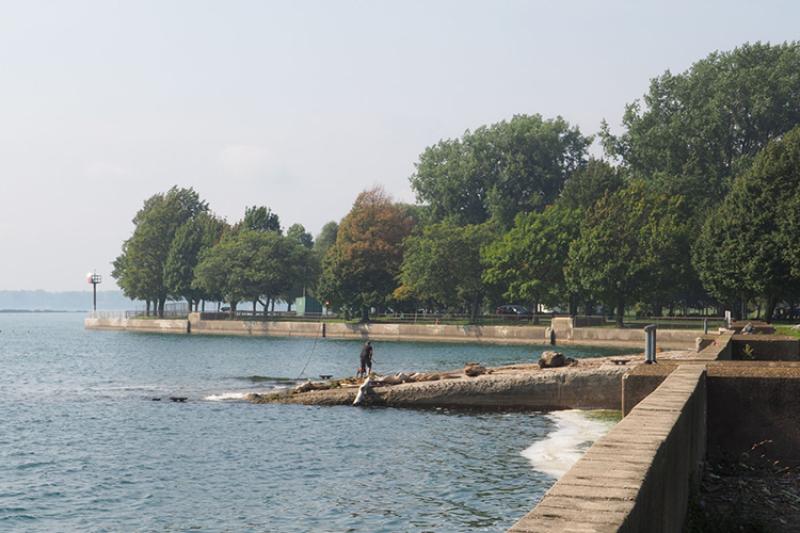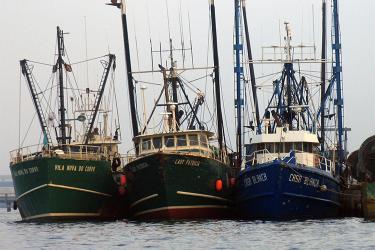NOAA Fisheries is recommending more than $14 million in funding to continue our work restoring important habitat for fisheries in the Great Lakes. Much of the funding is provided through the Great Lakes Restoration Initiative. Through this funding, partners will implement 11 projects that will support fisheries, habitats, and communities in Great Lakes ecosystems.
We’re recommending more than $14 million in funding in 2022:
- The Muskegon County Drain Commissioner will conduct feasibility studies and develop designs to reconnect two shallow water lakes to Black Creek, Mona Lake, and ultimately Lake Michigan ($471,674)
- The Pokagon Band of Potawatomi Indians will restore a section of the Dowagiac River contained within tribal properties to benefit native fish species ($663,650)
- The Great Lakes Fishery Commission and partners will work with NOAA to carry out several projects identified as priorities for the Lake Committees throughout all five Great Lakes ($2,172,457)
- The Great Lakes Commission will continue to partner with NOAA to implement several habitat restoration projects that benefit native fisheries in the Maumee and Niagara River Areas of Concern ($10,445,540)
- The Great Lakes Commission will also continue to partner with NOAA on an ongoing effort to remove hardened shoreline and enhance Lake Erie coastal marsh at the Lake Erie Metropark ($440,801)
- Friends of the Detroit River and several additional organizations will partner with the NOAA Restoration Center and NOAA Heritage Program to develop an outreach project that highlights historic fish habitat loss and fish habitat restoration projects on Belle Isle in the Detroit River ($12,000)
As the largest freshwater system on earth, the Great Lakes are one of the most important natural resources in the world. They support valuable commercial, recreational, and tribal fisheries that are collectively valued at $7 billion per year and support more than 75,000 jobs. They also support industry, transportation, and tourism. The projects recommended for funding will help sustain the multiple benefits these resources provide to the environment and communities by:
- Supporting valuable fisheries and coastal resources
- Improving the quality of our water by restoring coastal wetlands
- Providing recreational opportunities for the public’s use and enjoyment
- Increasing the resilience of Great Lakes communities
The Office of Habitat Conservation’s NOAA Restoration Center works in the Great Lakes to support the ecosystems and economies that rely on these valuable international resources. Since 2010, we have supported 86 projects through the Great Lakes Restoration Initiative. These projects have restored more than 4,700 acres of habitat for fish and wildlife and opened up almost 500 miles of rivers and streams to fish migration.



